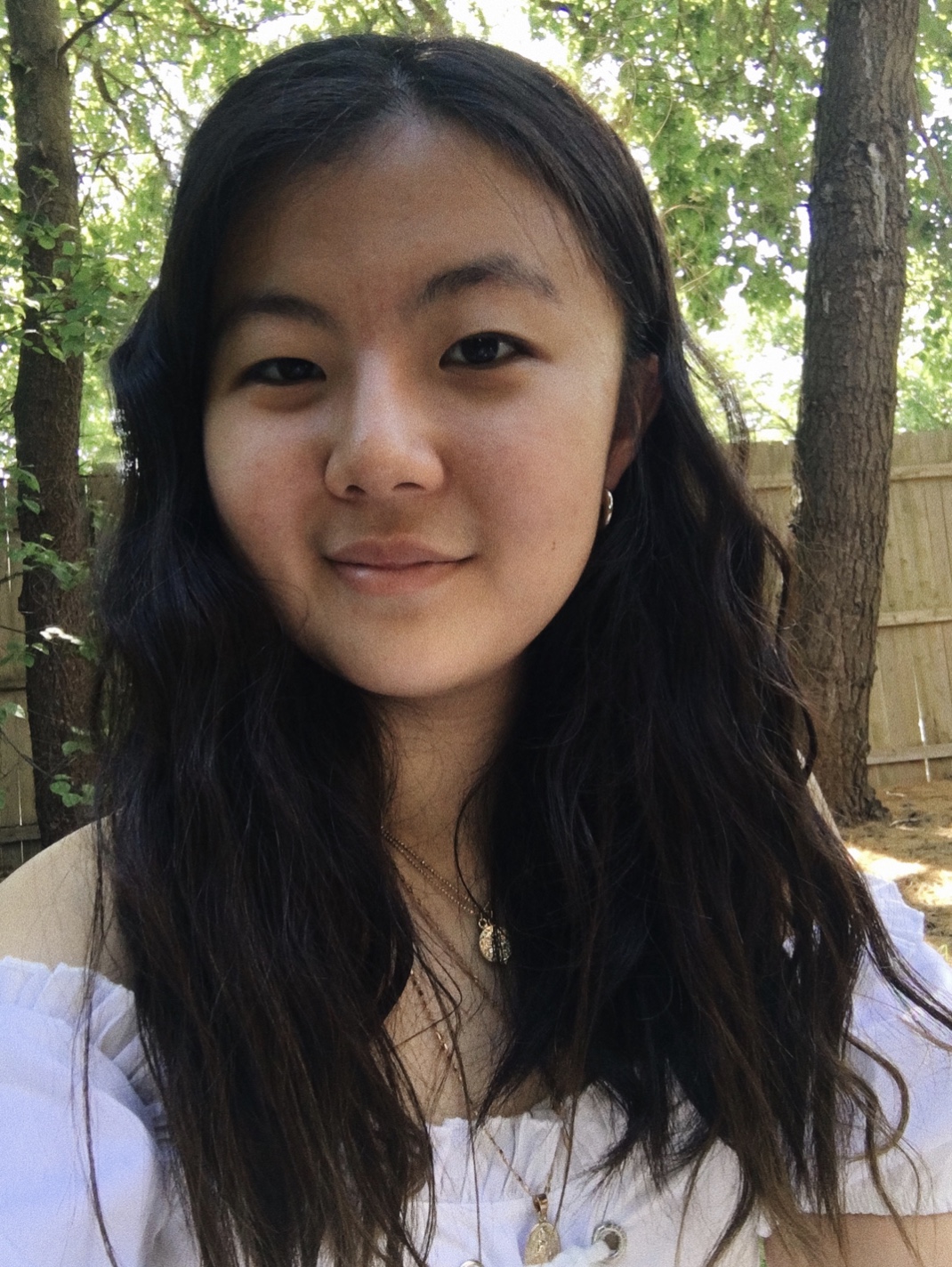ISSN: 1941-4137
POETRY THAT ENACTS THE ARTISTIC AND CREATIVE PURITY OF GLASS
POETRY THAT ENACTS THE ARTISTIC AND CREATIVE PURITY OF GLASS

Yejin Suh is a high-school junior from New Jersey whose work is forthcoming in Half Mystic, Polyphony Lit, and Juke Joint Mag, among others. She has been recognized by the regional Scholastic Awards, Princeton University, Just Poetry, and more. A first reader for Polyphony and Strange Horizons, and managing editor of The Lumiere Review, she recently founded a speculative fiction publication, Wintermute. Right now she is ambitiously working on a YA cyberpunk book.
Also by Yejin Suh:
The Art of Cinema
New York’s Ugly Step
To An Echo
There is a language of two arms dancing in tandem. There is a language
of our mouths parting in frostbitten rings, concentric circles rippling
peace. There is a language of peace and a language of romance. You can
speak neither or both and a language is only understandable to some, else
the world might hear. There is a language of the sweat off our backs
dripping in trails, entrails of insides strewn across floors, because we speak
in the pain. There is a language for me, not really for you, a language I listen to
when it speaks back to me. For you’ve never straddled the cosmic belt
between a language to speak and one to hear, a language through which
I’ve lost centuries. My mother says she pities me in the motherland
because they wouldn’t take me as their own: I belong not to the mother tongue
but to the spangled banners. There is a language noisy sounding, brawling,
reminiscent of German that is the language I have learned like a roughened
lover. I’ve brushed with my thumbs where his hips slope to thigh, and the
nook between jaw and collar. He slammed my head against the wall
and embraced me in a lock and key I knew I might never fit again (The
Germans have a word dasein for the paradox of being like my mere
state a pull between two hands that stretch). She says they wouldn’t
take me as their own and neither would the Americans. The children of
immigrants rise a new tsunami and these children know the feeling of
swallowing a tide of shame at their mothers’ broken English. These
children know to act the reluctant mediator, because when a mother
speaks broken English and the child knows it like a lover the mother
becomes fragments and child becomes same, like switching
bodies except both are devoid of crucial parts like vessels without
blood and brain. These children want to hear the pin-drop
in a cave that roars stillness to hear the echo of an echo. To look
around, unmoving, in a city swarm, to seize a semblance of knowing, to
say I belong here, with you, with you all, not anywhere else, here,
where any link that snaps homogeneity is an outsider, and I am not. To say,
I belong here, is a travesty. To the shade of your skin or the slant of my
eyes. I wonder what it would be like to write a poem such as this, a long
and lengthy poem, of curious words and stacked phrases, a poem of worlds
and small rivers, to show it to my mother to know she can understand every word
and nothing less. I wouldn’t know. Not in this lifetime. Maybe in another,
we’ll dismantle the walls that encircle us. There is a language of demolition, too.
Glass: A Journal of Poetry is published monthly by Glass Poetry Press.
All contents © the author.
All contents © the author.



